Toronto’s Luxury Neighbourhoods Have Dropped in Value by Up to 30% [REPORT]
 Written By Robert Van Rhijn — As the founder of Strata.ca, Robert is one of Ontario’s leading experts on the GTA condo market. He is also the Broker of Record at Strata.
Written By Robert Van Rhijn — As the founder of Strata.ca, Robert is one of Ontario’s leading experts on the GTA condo market. He is also the Broker of Record at Strata.Yorkville, The Annex and Casa Loma are among those hit hardest during the COVID-19 pandemic
After years of growth, Toronto’s luxury neighbourhoods suffered a setback in the past 12 months. When it comes to year-over-year value, some areas have dropped by as much as 30%. It’s a startling figure. But not surprising given what we’ve seen throughout the province, as buyers move to traditionally-overlooked areas in search of cheaper prices and more space. Unfortunately, that means some of Toronto’s luxury neighbourhoods have taken a tremendous hit.
Neighbourhoods With Biggest Decline in Value Over Past 12 Months
1. The Annex: -29.96%
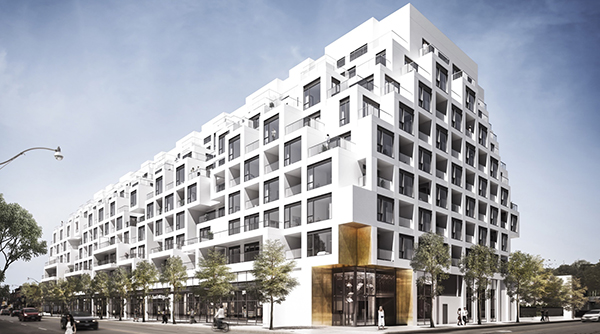
2. Bloor-Yonge: -11.98%
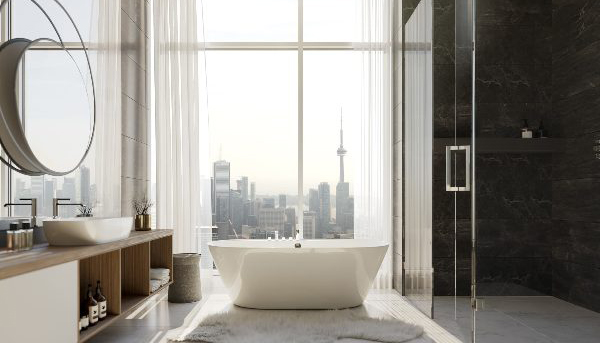
3. Yorkville: -11.79%
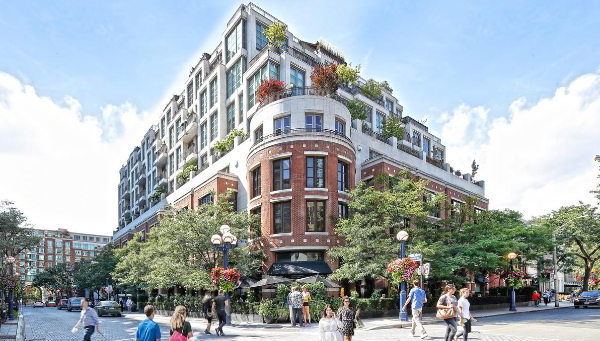
4. Casa Loma: -11.13%
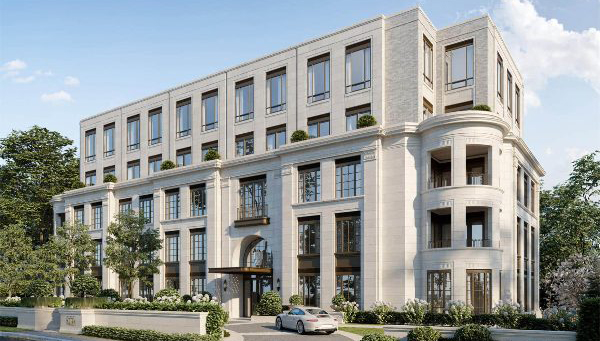
5. Bay St. Corridor: -6.31%
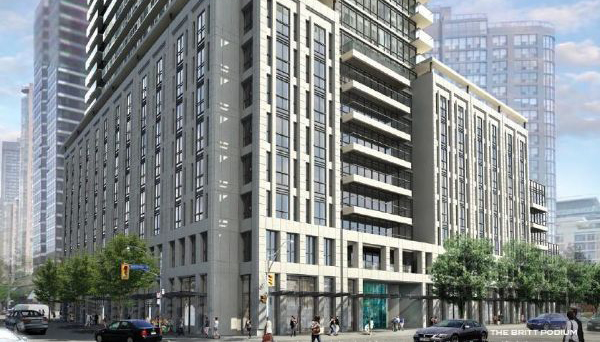
Our findings also show that in the above neighbourhoods:
Condo inventory levels are nearly double right now than during the same time last year, except for The Annex.
Rental values have also plunged
- The Annex: -11.50%
- Bloor-Yonge: -21.58%
- Yorkville: -19.21%
- Casa Loma: -18.67%
- Bay St. Corridor: -22.56%
Nearby ‘non-luxury’ neighbourhoods have increased in value
- The Junction: +11.33%
- Leslieville/South Riverdale: +5.16%
- Regent Park: +5.67%
Why the Drop?
Much of what’s happening in the luxury market can be easily understood as a shift in supply and demand. The drivers of this movement are many: Airbnb short-term rentals moving to the long-term market; the loss of student renters in areas like The Annex and Bloor-Yonge forcing investors to sell, as well as dropping confidence in the desirability of a luxury home. And of course, remote work is allowing buyers to look outside the downtown core.
Sam Massoudi is a real estate agent at Strata.ca with investor clients in hard-hit luxury neighbourhoods. For years, many of them relied on wealthier international students as tenants. But some of Massoudi’s clients have been forced to sell, since virtual learning means foreign students can attend Canadian schools from abroad.
“I have investor clients who were once so proud to own a property in a luxury neighbourhood. But they had no idea a pandemic like this was going to hit and drive immigration out of the city. So now some of them have sold. For those who didn’t, they’re renting these places out for very cheap. That's why we’re seeing such low rents in some luxury areas,” adds Massoudi.
All of these factors have played a part in shifting demand. But Strata.ca’s Broker of Record, Robert Van Rhijn, believes the real driver is a change in buyer thinking.
“Buyers will often prioritize value over luxury when in a recessionary environment. Even those who have the means to purchase high-end properties are likely to hold off. Sometimes they worry that luxury might become devalued, resulting in a wait-and-see approach,” says Van Rhijn.
Substance Over Style
Buyers are seeking the best value for their dollar, and they want a sure thing. During a pandemic, what’s the point in a Yorkville condo when there’s no 5-star dining or boutique shopping allowed? Or a Bay Street penthouse when density is now a deterrent? When value is difficult to define, buyers stick to what they know — price and square footage.
In the example of Regent Park, Leslieville, and the Junction, where prices are soaring, all three neighbourhoods have a lower than average price-per-square foot, and a growing stock of aesthetically-unique condos. In fact, all three neighbourhoods have a high number of loft residences, which could also explain their soaring values.
Van Rhijn isn’t surprised though that ‘non-luxury’ neighbourhoods are seeing the opposite trend.
“The Junction and Regent Park are still gentrifying, so I’m not startled to see values increase as cautious buyers hunt for better deals. Look, even during lockdown periods, we’re seeing bidding wars in these areas,” says Van Rhijn.
Starting your search for a new home? Click on any of these links to access active listings, sold listings or contact a Strata agent.
For any questions about this article or media inquires, please email media@strata.ca
